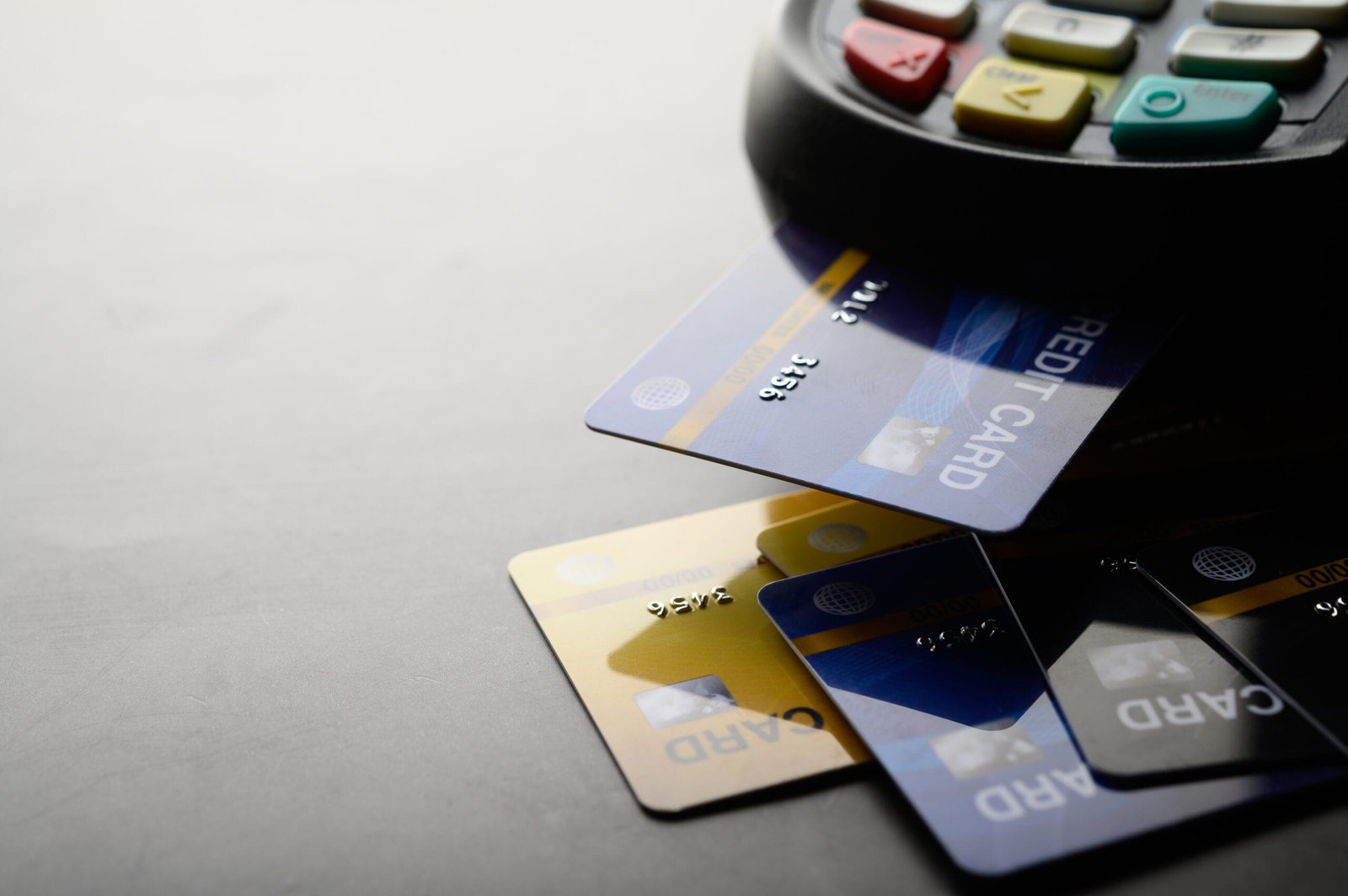
Unlocking the Power of Credit and Debit Cards in India: A Comprehensive Guide
In today’s fast-paced digital economy, credit and debit cards have become essential tools for managing finances, making purchases, and even building credit. In India, the usage of these cards has skyrocketed, thanks to the convenience and benefits they offer. Whether you’re a seasoned cardholder or new to the world of plastic money, understanding how credit and debit cards work can help you make smarter financial decisions. Let’s delve into the details!
Understanding Credit and Debit Cards
While credit and debit cards may look similar, they serve different purposes and have distinct functionalities:
1. Debit Cards: Linked directly to your bank account, debit cards allow you to spend money you already have. When you make a purchase, the funds are withdrawn immediately from your account. Debit cards are a great way to manage your spending and avoid debt.
2. Credit Cards: Credit cards give you a line of credit, allowing you to borrow money from the bank up to a predetermined limit. You can use this borrowed money to make purchases, and you’ll need to pay it back—either in full or in installments—by the due date to avoid interest charges. Credit cards can help build your credit history and score if used responsibly.
The Benefits of Using Cards
1. Convenience: Carrying cash can be cumbersome and risky. Cards offer a safe and easy way to make payments without worrying about change or theft.
2. Online Shopping: With the rise of e-commerce in India, having a credit or debit card makes online shopping a breeze. You can make secure transactions from the comfort of your home.
3. Rewards and Cashbacks: Many credit cards come with attractive reward programs, offering points for every purchase that can be redeemed for products, services, or cashbacks. Some debit cards also offer rewards, although typically less lucrative than credit card rewards.
4. Building Credit History: Using a credit card responsibly can help you establish a positive credit history. This is essential for future financial endeavors, like applying for loans or mortgages.
5. Emergency Fund: Credit cards can serve as a backup in emergencies, allowing you to cover unexpected expenses when you don’t have immediate cash available.
Choosing the Right Card
With numerous options available in the Indian market, selecting the right card can be daunting. Here are some tips to help you make an informed decision:
1. Assess Your Needs: Determine your spending habits and financial goals. Do you travel frequently? Look for a card with travel rewards. Do you shop online often? Consider a card with cashback on online purchases.
2. Compare Fees and Charges: Look at the annual fees, transaction charges, and interest rates associated with different cards. Some cards may waive the annual fee if you spend a certain amount, so factor that into your decision.
3. Check Rewards Programs: Review the rewards and benefits each card offers. Some cards may offer points for dining, groceries, or travel, while others provide cash back on everyday purchases.
4. Read the Fine Print: Always read the terms and conditions. Understanding the card’s rules about late payments, cash advances, and rewards expiration can save you from unexpected charges.
5. Consider the Issuer’s Customer Service: Good customer service can make a significant difference. Look for banks or institutions known for their responsive support in case you need assistance.
Responsible Use of Credit and Debit Cards
While cards offer convenience, it’s crucial to use them responsibly to avoid financial pitfalls:
1. Track Your Spending: Keep an eye on your expenses and regularly review your bank statements. Many banks provide mobile apps that allow you to monitor your transactions in real-time.
2. Pay On Time: For credit cards, paying your bills on time is vital to avoid late fees and high-interest charges. Set reminders or automate payments to ensure you never miss a due date.
3. Avoid Minimum Payments: Paying only the minimum amount due on your credit card can lead to debt accumulation due to interest charges. Aim to pay your balance in full whenever possible.
4. Don’t Overspend: It can be tempting to spend beyond your means with credit cards. Stick to your budget and avoid impulsive purchases that can lead to financial strain.
5. Be Wary of Cash Advances: Using your credit card for cash advances can incur high fees and interest rates. It’s best to avoid this option unless absolutely necessary.
The Future of Card Payments in India
India is witnessing a significant shift towards digital payments, driven by technological advancements and government initiatives promoting cashless transactions. Contactless payments, mobile wallets, and integration with platforms like UPI are making it easier and faster to make transactions using cards. The convenience of virtual cards, which can be used for online shopping, is also gaining popularity.
As more consumers embrace digital payments, the role of credit and debit cards will continue to evolve, offering enhanced security features and innovative rewards. Staying informed about these changes can help you leverage the benefits of this financial tool to your advantage.
Conclusion: Empower Your Financial Journey
Credit and debit cards are powerful financial tools that, when used wisely, can enhance your financial well-being. By understanding how these cards work, assessing your needs, and practicing responsible spending, you can unlock their full potential.
In a country where financial literacy is steadily increasing, making informed decisions about credit and debit cards can pave the way for a secure and prosperous future. Embrace the convenience of cashless transactions while keeping your financial goals in sight!





1 Comment
Minty Cents
[…] Unlocking the Power of Credit and Debit Cards in India: A Comprehensive Guide […]